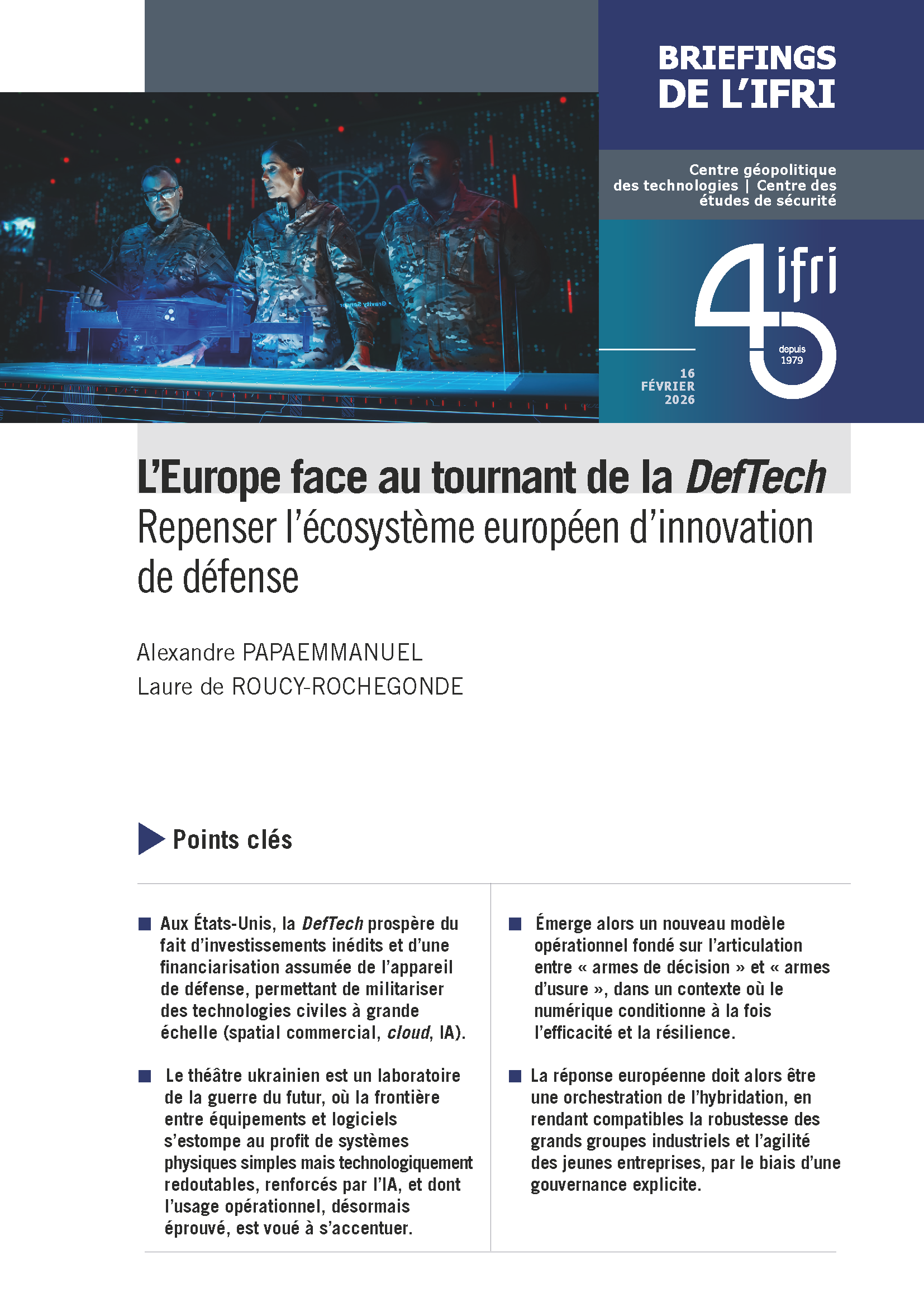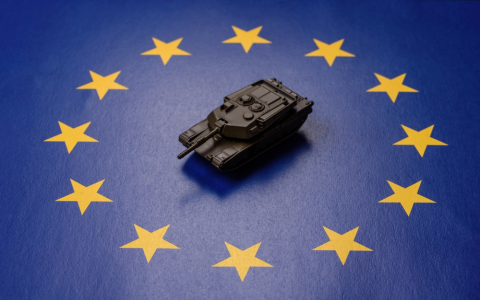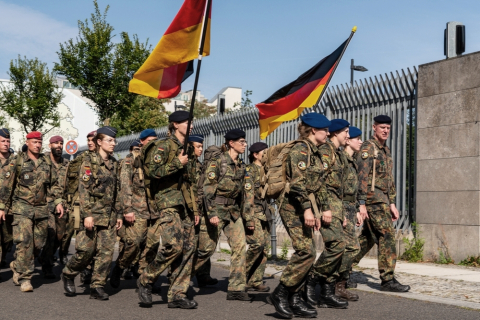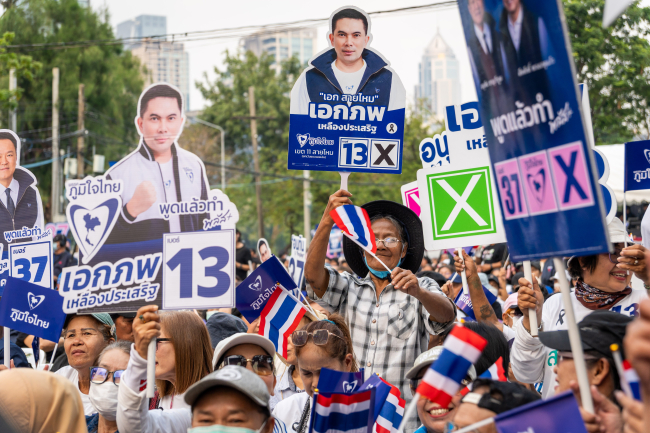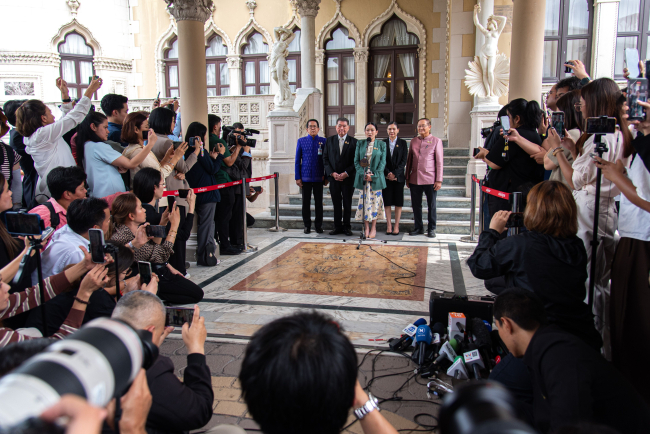Negotiating a Korea-EU Free Trade Agreement: Easier Said Than Done
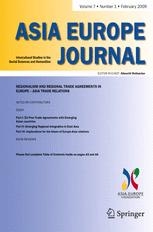
A number of countries have chosen recently to shift away from an exclusive support to trade multilateralism and towards regional or bilateral trade agreements.
Being no exceptions in this respect, the Republic of South Korea and the European Union have engaged in a bilateral FTA negotiation in early 2007. The objective of the paper is to account for the unexpected difficulties encountered in the negotiation. The paper starts with a brief overview of the trade and investment relations between the two partners and underlines the complementarity between the two partners, as well as their respective offensive and defensive interests. As a next step, the paper delves into the "politics" of the FTA negotiation with a view to highlighting the motivations and objectives of the various partners involved. It comes to the conclusion that the major reason why the negotiation turned out to be more complex than initially expected relates to the two partners' diverging views as to what a discriminatory FTA should imply.

Contenu disponible en :
Régions et thématiques
Utilisation
Comment citer cette publicationPartager
Centres et programmes liés
Découvrez nos autres centres et programmes de rechercheEn savoir plus
Découvrir toutes nos analysesLa politique américaine envers Taïwan, au delà de Donald Trump : cartographie des acteurs américains des relations entre les États-Unis et Taïwan
Le retour de Donald Trump à la Maison-Blanche a ravivé une incertitude profonde quant à l’engagement des États-Unis en matière de sécurité envers Taïwan. Contrairement au président Joe Biden, qui a maintes fois réaffirmé sa détermination à défendre l’île, Donald Trump évite soigneusement de se prononcer sur une éventuelle réaction américaine en cas de crise dans le détroit de Taïwan.
Japon : le raz-de-marée Takaichi et le nouveau visage du pouvoir
La Première ministre Sanae Takaichi a transformé sa popularité exceptionnelle en une victoire politique historique. Les élections anticipées du 8 février ont offert au Parti libéral démocrate (PLD) une majorité écrasante, grâce au soutien massif de jeunes électeurs séduits par son image iconoclaste et dynamique, et des conservateurs rassurés par sa vision d’affirmation nationale. Cette popularité pose les bases d’une stratégie ambitieuse tant sur le plan intérieur que sur le plan international.
Élections en Thaïlande : les conservateurs consolident leur ancrage
À rebours des sondages, le parti conservateur pro-business Bhumjaithai a dominé les élections législatives anticipées du 8 février 2026 et s’est imposé à la Chambre basse avec 193 sièges sur 500, enregistrant une progression record par rapport aux 71 députés élus en 2023.
Crise politique en Thaïlande : la tactique du chaos
La Thaïlande a replongé à l’été 2025 dans une crise politique profonde. La suspension de la Première ministre, Paetongtarn Shinawatra, par la Cour constitutionnelle a provoqué l’implosion de la coalition au pouvoir. Cette crise ressemble pourtant aux précédentes. Une banalité répétitive qui interroge à la fois le sens des responsabilités des principaux dirigeants et qui génère au sein de la population un cynisme mâtiné de résignation.



